I recently had a conversation with a very senior member of the Montgomery County Council. He was commenting on the strong presence of so many Jewish social service agencies in the county: Jewish Federation of Group Homes, Jewish Social Services Agency, Jewish Council for the Aging, Jewish Federation, Jewish Community Centers, Sulam and so many more. He was observing that the Jewish people notably take responsibility for each other, and for the greater community. He found it inspiring and curious that Jews feature so prominently in the social services agencies in our area, and, in fact, around the world.
The truth is, we are taught directly from the Torah, that personal, moral and collective responsibility is what Judaism is all about.
Starting from Bereishit, we are introduced one parsha at a time to the different kinds of responsibilities man must act upon in order to create a world of justice, freedom and safety. We learn these lessons through the failings of our early ancestors. We learn about Adam and Chava who don’t take personal responsibility for their sin, and instead blame one another, the serpent and even G-d Himself. We learn about Cain who killed his brother Abel, taking no moral responsibility, saying “Am I my brother’s keeper?” By the time we reach the generation of Noah, the world has become wicked, corrupt and violent - a systematic moral failing. The best man, Noach, follows the instructions of Gd, but does not take any responsibility for his fellow man, never once pleading with G-d to save their lives in the Flood.
Finally, in Parshat Vayeira, we learn that Avraham, the father of the Jewish people, is the model we are to follow. He is a man who takes responsibility for himself: He settles a dispute with his nephew Lot by proposing a solution, with no judgment and no personal benefit. He takes moral responsibility when he gathers a force to rescue Lot and returns him (and other captives) safely to his home - a very different perspective than that of Cain, who believed he was not his brother’s keeper. And finally, Avraham challenges G-d Himself when he sees that G-d is about to pass judgement on Sodom. “Will you sweep away the righteous with the wicked?” Avraham asks of G-d. “Will not the Judge of earth do justice?”Avraham, unlike Noah, challenges G-d on behalf of the collective.
These teachings are the essence of who we are as a people. It is why we feature so prominently in the social services in our communities. We teach our children from their earliest memories that we are personally responsible for our actions, that we proactively defend the vulnerable, and we always consider the collective group.
We do this by modeling honesty to our children. As parents we have to acknowledge our own mistakes and show them that when we do something wrong, we can make amends. We thus make it safe for them to own up to their own mistakes.
We model sensitivity and kindness to others. We speak up against bullying behaviors. We don’t allow our children to treat others unkindly.
We volunteer to serve our community. By doing so, we model to our children that we support the collective and by doing so we uplift ourselves as a society.
This combination of personal, moral and collective responsibility is what makes us a unique and remarkable people.
It is what makes us a light unto the nations.

